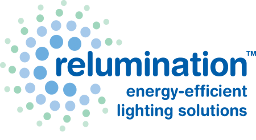Renewable, clean energy is on the rise in America. We’re building more wind turbines, testing more bio fuels, and installing more solar panels than ever before, and the results are starting to show. There are now states (not many, but some) that have turned off the fossil fuel tap entirely, and who now get all of their power from renewable sources. That’s an achievement that, even a decade ago, would have seemed like a total impossibility. Now, it’s a simple fact of life.
Wherever there’s progress, though, there will be resistance to it. For example, one of the ways rooftop solar panels have remained competitive, and maintained homeowner interest, has been programs that pay homeowners for the power they contribute to the grid. If they produce more than they use, they’re either given a check, or a credit on their account against future power use. This program, popular in states like California where 2/3 of the rooftop solar panels in America are installed, is considered essential to the burgeoning solar movement.
Which is why utilities have tried to have the policy changed.
According to Yahoo! News, though, that change won’t be coming today. The state’s Public Utilities Commission voted in a 3-2 decision to maintain net metering (the technical term for being credited for the energy your solar panels generate). The decision will stand until 2019, by which time it’s very likely that solar panels will have expanded hugely beyond where they are now in California.
Net metering isn’t perfect, and there are some complaints that it puts an unnecessary burden on those who can’t afford solar panels when it comes to infrastructure costs. On the other hand, though, it is a primary driver of continued solar expansion. The 3-2 vote shows that there are frustrations with the policy, but that the good it does outweighs its problems, at least for the time being.
